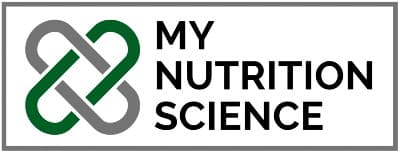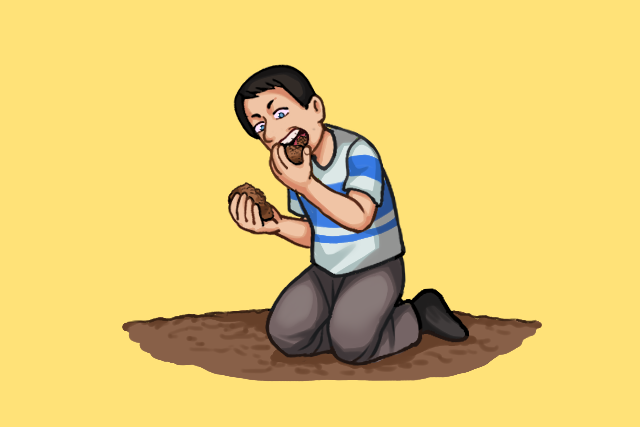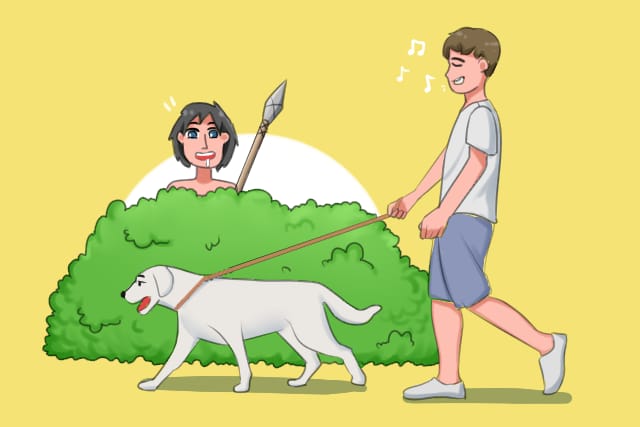Extended Summary
Because soy contains isoflavones that bind to oestrogen receptors in the human body, it is often claimed that consuming soy has a “feminising” effect: increasing oestrogen and lowering testosterone levels. However, these isoflavones—also known as phytoestrogens (or plant oestrogens)—are estimated to be 100 – 1,000 times weaker than human oestrogen. Also, as they preferentially bind to only one of two oestrogen receptors in the body, soy isoflavones can have differing and sometimes opposing effects than human oestrogen.
Simply recognising that soy contains “plant oestrogen” does not validate the claim that consuming soy lowers testosterone levels. To demonstrate this, it is better to directly analyse how testosterone levels are affected by changes in (or across levels of) soy isoflavone intake. That’s what a 2021 meta-analysis did, combining results from 41 studies that included 1,753 men and ranged from 3 weeks to 12 months in duration. Most included studies were parallel (controlled) trials in middle-aged adults, and all interventions administered soy isoflavones in the form of soyfoods, soy protein isolate, soy protein concentrate, or isoflavone extracts (from soy or red clover). Combined results showed that neither total testosterone nor free testosterone levels were significantly different between isoflavone and control groups at the end of the intervention periods. This was true of interventions that lasted for less than or greater than 12 weeks, and whether the total daily isoflavone intake was less than or greater than 75 milligrams per day (the amount in approximately three servings of traditional soy foods, e.g., soy milk or tofu). In a similar vein, there were no significant differences between the types of oestrogen (oestradiol and oestrone) when compared to control groups.
Similarly, there is a lack of strong evidence indicating that soy increases oestrogen levels in women. A systematic review and meta-analysis combining results from 47 studies, including a total of 1,813 pre-, peri-, or post-menopausal women, reported small and non-significant differences in oestradiol and oestrone levels between isoflavone and control groups. The results were indeed most compatible with a slight increase in oestradiol levels when post-menopausal women were given the soy intervention; however, when subgrouping by the type of isoflavone intervention, only isoflavone extracts (not soy foods or isolated soy proteins) significantly increased oestradiol in this group. We feel it would be a tremendous logical leap to use this finding to support the more general claim that “soy lowers testosterone levels”.
We note some other data which appears to support the claim. In one study, 12 healthy male adults consumed two scoops (58 grams) of pure soy protein powder and, after 28 days, had small yet significant reductions in testosterone levels. In another study, 19 healthy male adults consumed scones made from soya flour and large doses of isoflavones (120 milligrams per day), reporting significant reductions in testosterone and non-significant reductions in dihydrotestosterone—a more powerful androgenic hormone. However, we question the clinical relevance of this data since reductions in both studies were within the normal range, and any changes in testosterone were relatively small. A couple of case studies reporting either increases in oestrogen or decreases in testosterone levels (along with various related symptoms) in response to soy intake also happened to use massive doses that we do not consider to be clinically relevant (∼ 3.5 litres of soy milk or 360 milligrams of soy isoflavones per day). Intakes such as these work out to more than 14 servings of soy products per day. High levels of anything can be bad for you, even water.
In summary, it appears that when eaten in reasonable amounts, soy does not consistently affect either testosterone or oestrogen levels in men. To quote the authors of the 2021 meta-analysis, “…it is unlikely that additional research will alter this conclusion, especially considering the low heterogeneity… between studies”. In women, oestrogen is likewise generally unaltered by soy isoflavone consumption. Despite a couple of outlier studies with a low number of participants, and two case reports of extremely high soy intakes, results are consistent across age groups, populations, and intake ranges. Because soy offers potential health benefits, avoiding this food group over fears that its consumption will lower your testosterone levels is unsupported by the best available evidence.






